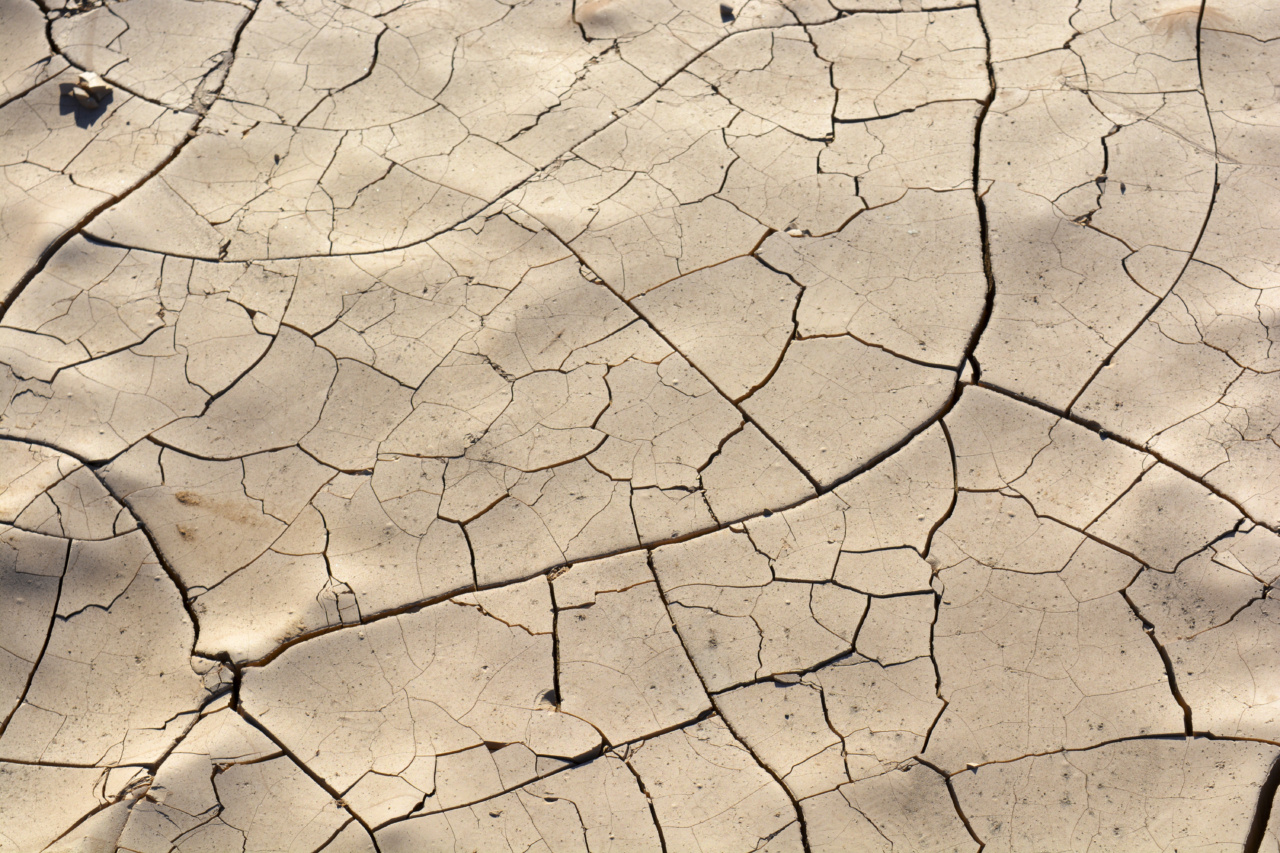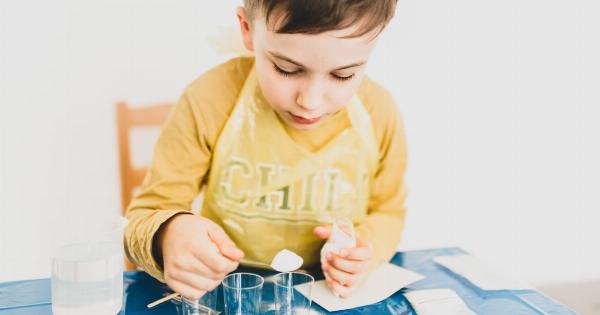Dry hair is a common issue that affects millions of people around the world. It can make your hair look dull, frizzy, and lifeless. If you are struggling with dry hair, it is essential to pinpoint the culprit behind this issue.
Understanding the causes of dryness will help you determine the best course of action to restore moisture and vitality to your locks. In this article, we will discuss some of the most common culprits of dry hair and provide you with helpful tips to address the problem.
1. Overwashing
One of the leading causes of dry hair is overwashing. While it is essential to keep your hair and scalp clean, washing your hair too frequently can strip away its natural oils, leaving it dry and brittle.
If you find yourself washing your hair every day or using harsh shampoos with sulfates, try reducing the frequency of your washes and opt for sulfate-free, moisturizing shampoos instead.
2. Heat Styling
Using heat styling tools such as hairdryers, straighteners, and curling irons regularly can significantly contribute to dryness. These tools can zap the moisture from your hair strands, leading to frizz and breakage.
To prevent heat damage, use heat protectant sprays or serums before styling your hair and try to limit the use of heat tools to occasional or special occasions.
3. Lack of Moisture
If your hair lacks moisture, it is more prone to dryness. This can happen due to various reasons, including environmental factors, excessive sun exposure, and not using enough hydrating hair products.
To combat this, incorporate moisturizing conditioners, hair masks, and leave-in treatments into your hair care routine. Additionally, consider investing in a humidifier for your living space to add moisture to the air, benefiting both your skin and hair.
4. Chemical Treatments
Chemical treatments like hair dye, perms, and relaxers can severely damage the hair, leaving it dry and weak. These processes often involve using strong chemicals that break down the protein structure of the hair, resulting in loss of moisture.
If possible, try to limit the frequency of chemical treatments and opt for more natural alternatives. If you must undergo chemical treatments, ensure you follow up with intense moisturizing and conditioning treatments to restore hydration to your hair.
5. Hard Water
The water quality in your area can also impact your hair’s moisture levels. Hard water, which contains high mineral content, can cause dryness and buildup on the scalp and hair.
Invest in a good quality shower filter or consider using clarifying shampoos occasionally to remove mineral buildup. Deep conditioning treatments can also help restore hydration to your hair and alleviate the effects of hard water.
6. Environmental Factors
Environmental factors like sun exposure, wind, and air pollution can contribute to hair dryness. Ultraviolet radiation from the sun and harsh winds can strip away moisture from your hair strands, leaving them dry and brittle.
Protect your hair by wearing hats or scarves when outdoors, and use hair products with UV filters for added protection. Additionally, consider using gentle clarifying shampoos to remove any buildup caused by environmental pollutants.
7. Improper Hair Care
The way you care for your hair plays a significant role in its overall health and moisture levels. Brushing your hair vigorously, using the wrong hairbrushes, or tying your hair too tightly can cause damage and breakage, leading to dryness.
Use wide-toothed combs or brushes with soft bristles to detangle your hair gently. Avoid tight hairstyles that pull on your hair and opt for looser updos or braids instead.
8. Health Conditions
Certain underlying health conditions like hypothyroidism and nutritional deficiencies can manifest as dry and brittle hair.
If you have ruled out external factors and still experience persistent dryness, it is advisable to consult a healthcare professional. They can help identify any underlying health issues that might be contributing to your hair’s dryness and provide appropriate treatment.
9. Overexposure to Chlorine
If you frequently swim in chlorinated pools, your hair may suffer from dryness and damage. Chlorine in pool water can strip away the natural oils from your hair and leave it extremely dry.
To protect your hair, wear a swimming cap while swimming and rinse your hair thoroughly with fresh water after swimming. Using a clarifying shampoo and deep conditioning treatment can help restore moisture and remove any chlorine residue.
10. Dietary Factors
The food you consume can also impact the health and moisture levels of your hair. A diet lacking essential nutrients like vitamins, minerals, and healthy fats can lead to dry and lackluster hair.
Incorporate foods rich in omega-3 fatty acids, vitamin E, and biotin into your diet, such as fatty fish, avocados, nuts, and seeds. Drinking an adequate amount of water daily is also crucial for maintaining hydrated hair.
Conclusion
Dry hair can be a frustrating and confidence-draining issue, but by identifying the culprit behind the dryness, you can take appropriate measures to restore moisture and vitality to your locks.
Consider the various factors discussed in this article, from overwashing and heat styling to lack of moisture and dietary factors, to pinpoint what might be causing your dry hair. With the right hair care routine, protective measures, and lifestyle changes, you can alleviate the dryness and enjoy healthy, hydrated hair once again.






























